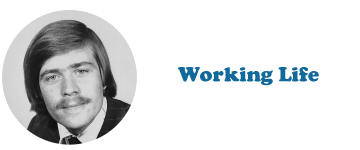
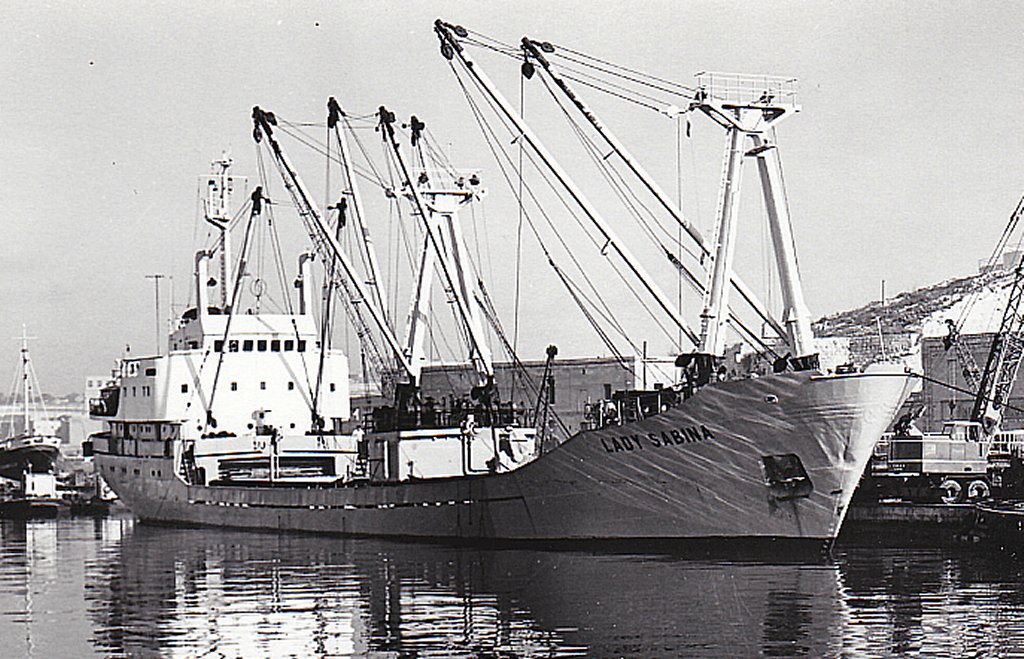
On my return to Kent in 1981, I quickly found a job as an import documentation clerk for Thomas Watson (Shipping) Ltd. in Rochester, starting in November. The company was owned in those days by two brothers, John and Peter Bradley, whom staff were expected to address as "Mister John" and "Mr. Peter". This somewhat Victorian affectation is perhaps appropriate, given that Rochester was a favourite haunt of the Victorian author Charles Dickens.
Some of the staff would adopt this mode of address when the bosses were not around. I was "Mister Chris", for example, and our receptionist was "Mister Jackie".
My research shows that, in their heyday, Thomas Watson owned over a hundred vessels, including 39 coasters and 55 sailing barges, although when I joined the company they had only six coasters, including the "Lady Sabina", pictured here.
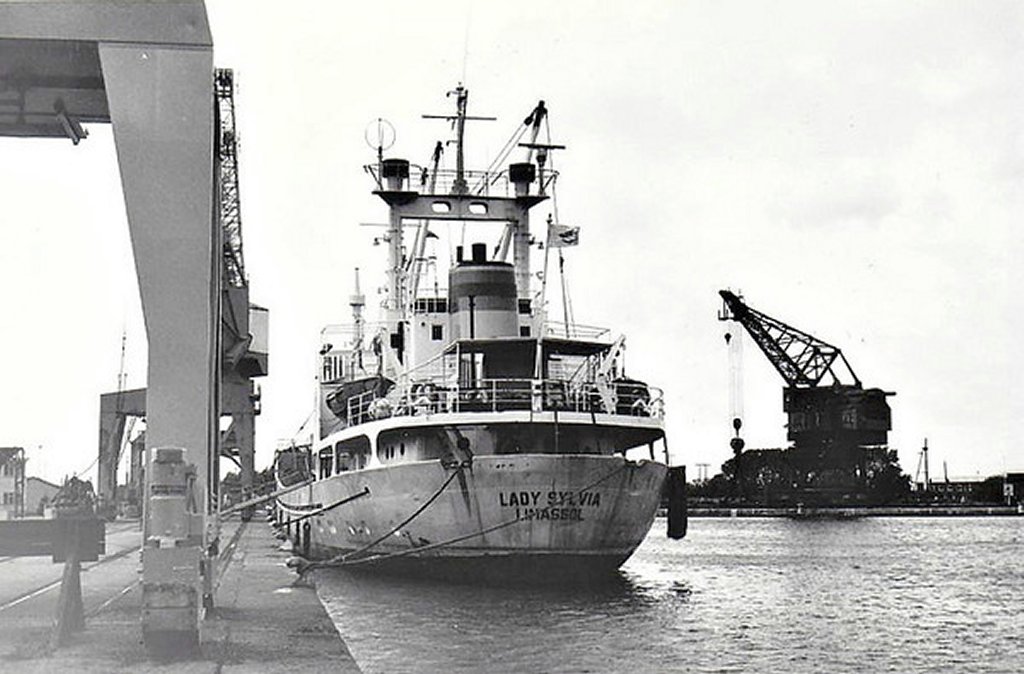
All of the remaining vessels owned by Thomas Watson when I joined the company had names beginning with the word "Lady". My colleague Vic was employed to charter these vessels to carry cargo between various ports - a task at which he excelled, and he made a lot of money for the company in doing so.
My job was not quite so glamorous. I was responsible for preparing import customs entries and other import ducumentation for goods arriving in Rochester. This entailed the use of multi-part forms and a typewriter - there were no computers back then.
Once or twice a day I would take the completed customs documentation and supporting documents to H.M. Customs in Rochester, and collect the paperwork for any shipments that had been cleared. Sometimes - not very often - I had to take documents back and re-submit them due to errors.
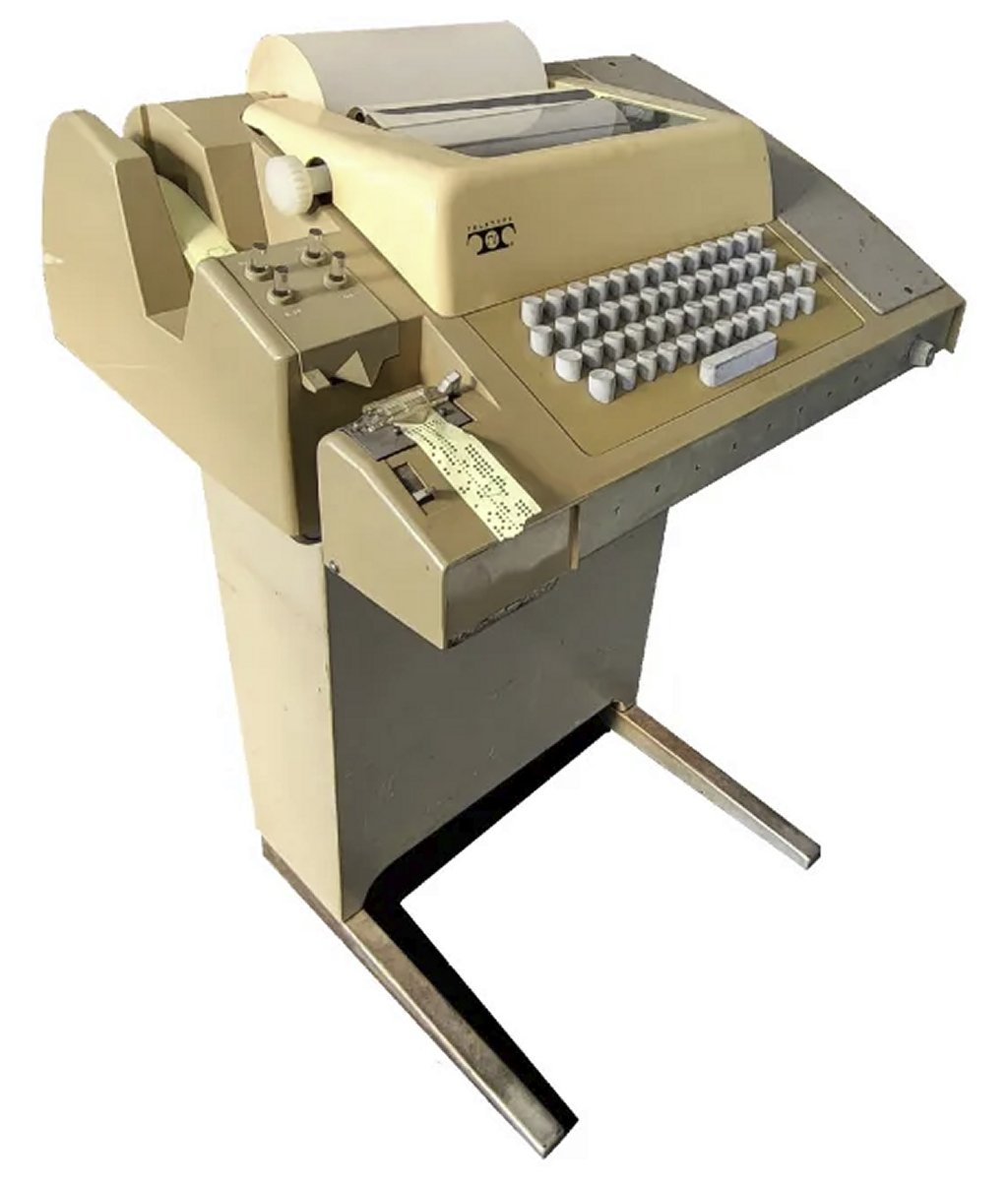
As part of my job I frequently had to communicate with importers or their agents. This was achieved either by telephone of by telex. For those readers unfamiliar with the latter form of communication, it involved typing a message into a machine that looked somewhat like a large typewriter.
You could either send your message one character at a time in real time or - more often the case - record your message onto punched tape and transmit the message when it was complete.
Incoming messages would be printed out on a paper roll mounted in the machine (if I remember rightly, you could also record an incoming message onto punched tape at the same time, in case you wanted to forward it to another recipient).
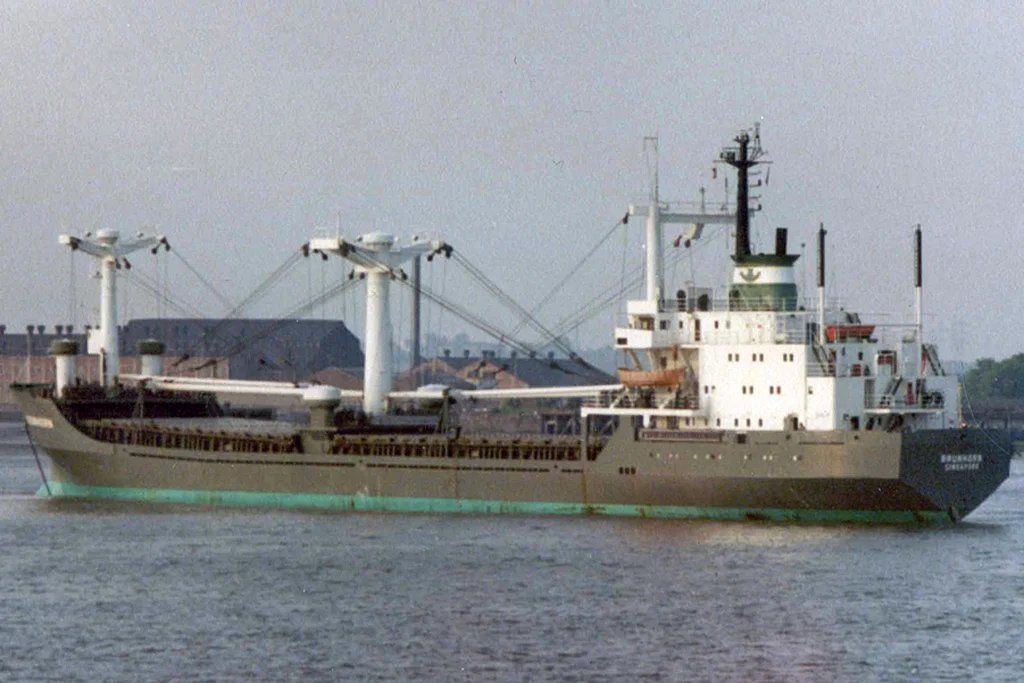
When I had been with the company a year or so, I got to do some ship's agency work. This typically involved visiting the captain of a vessel when it arrived in port to deliver import clearance and other documentation.
In some cases the captain would ask you to provide various services such as the supply of provisions, obtaining cash to pay crew wages, or arranging for fuel and fresh water tanks to be replenished.
Although most of the arrivals I attended were in Rochester, I occasionally had to attend an arrival in Gravesend - usually a ship we chartered called the M/V Brunhorn (pictured).
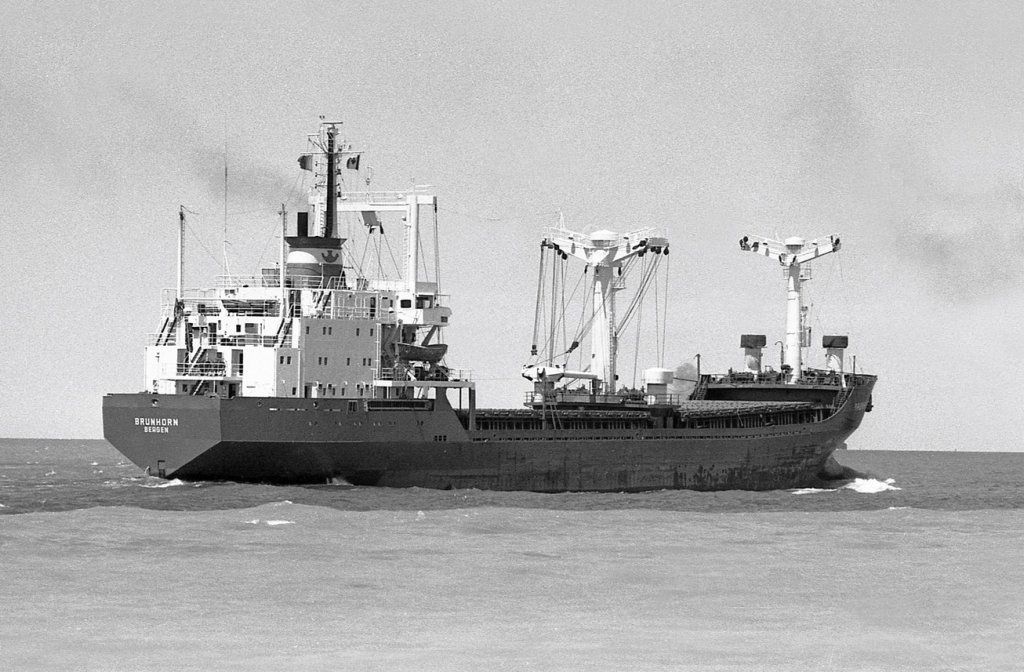
One good thing about the ship's agency work was that I got the use of a company car! The down side was that I was on call 24/7 and could be called out by a ship's captain at any hour of the day or night, although thankfully I only got dragged out of bed in the early hours on a couple of occasions.
During my employment with Thomas Watson, I met a girl while I was on holiday in Devon. The girl in question would later become my wife. For various reasons, it was easier for me to relocate to Devon than for her to relocate to Maidstone, so I quit my job with Thomas Watson in March 1984 and moved in temporarily with friends in Exeter.